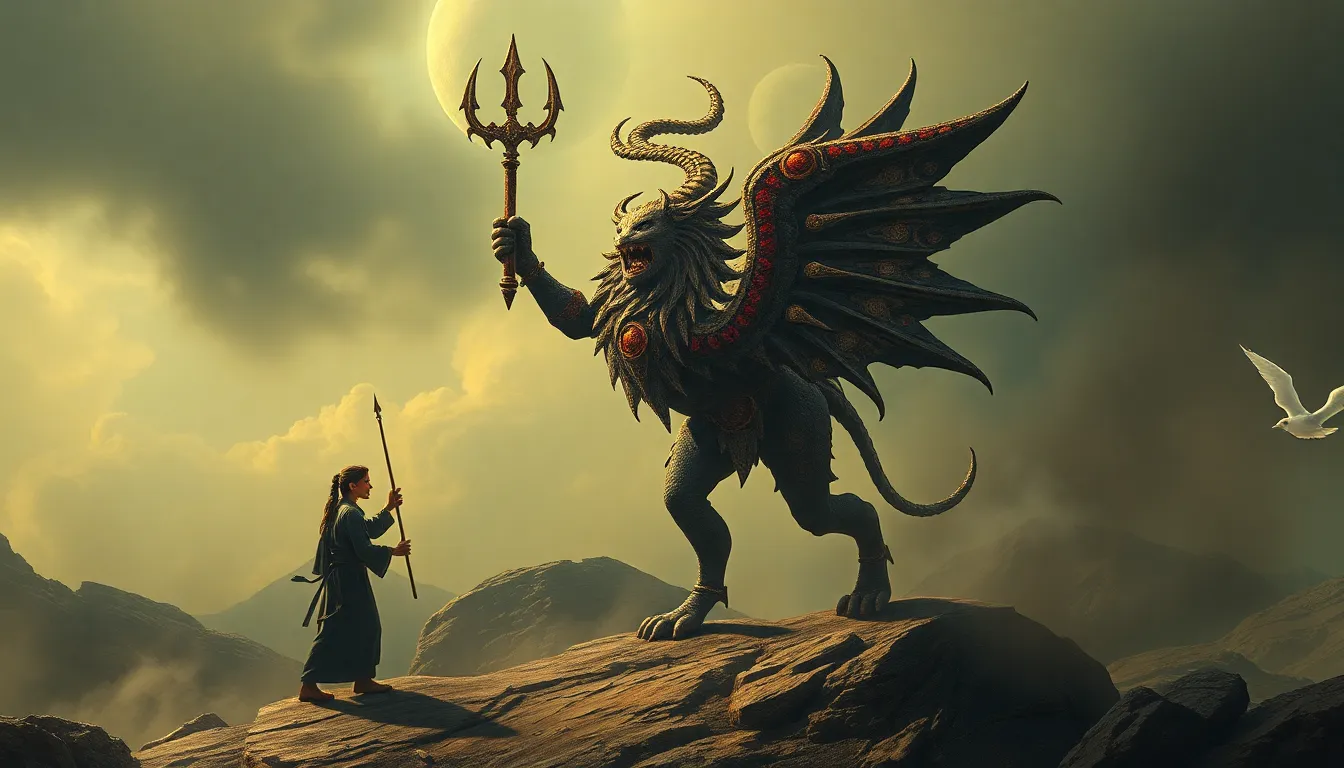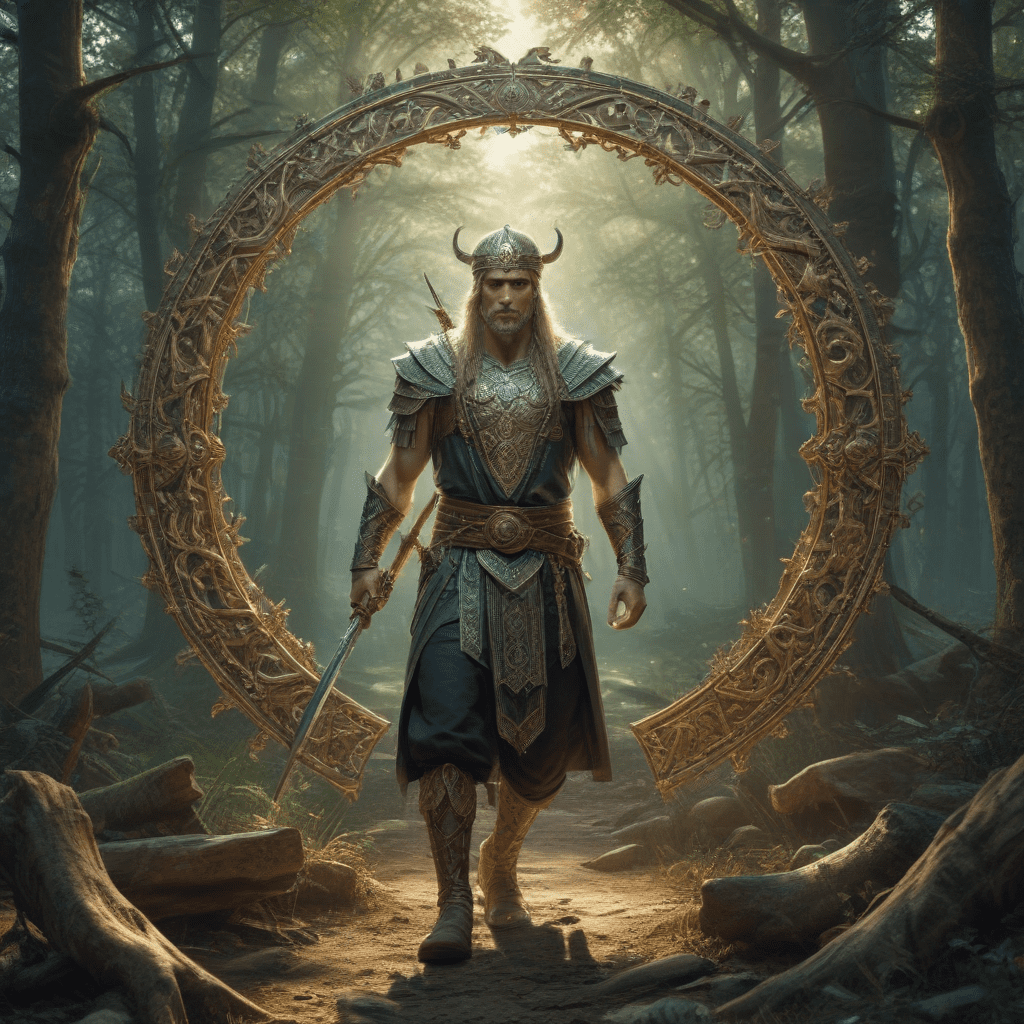The Ethics of Myth: How Legends Influence Our Moral Choices
1. Introduction to Myth and Morality
Myths and legends have been an integral part of human culture for millennia. They are stories that convey the beliefs, values, and practices of a society, often featuring gods, heroes, and supernatural events. Myths serve not only as entertainment but also as foundational narratives that shape our understanding of morality.
Moral philosophy and ethics examine what is right and wrong, guiding human behavior and societal norms. The intersection of myth and ethics can be seen in how cultural narratives inform our moral choices, providing frameworks through which we navigate complex ethical landscapes.
2. Historical Context of Myths in Moral Development
The evolution of myths across different cultures illustrates their role in moral development. Myths have been passed down through generations, primarily through oral traditions, which have played a significant role in shaping moral frameworks. These stories often reflect the values and challenges faced by a community.
Key historical figures, such as Socrates, Buddha, and Confucius, have their own myths that influence ethical thought. For instance, the myth of Socrates’ trial and death serves as a powerful narrative about the importance of justice and the pursuit of virtue.
3. The Psychological Impact of Myths on Behavior
Psychological theories, particularly those by Carl Jung, suggest that myths resonate with archetypal symbols embedded in the human psyche. These archetypes influence our behavior and moral identity. Storytelling plays a crucial role in shaping how individuals perceive themselves and their ethical responsibilities.
- Case Studies: Numerous case studies demonstrate how myths impact individual and collective behavior. For example, the hero’s journey in many myths inspires people to pursue personal growth and self-actualization.
4. Myths as Moral Exemplars: Case Studies from Various Cultures
Specific legends serve as moral exemplars or cautionary tales. For instance:
- King Arthur: The legend of King Arthur and the Knights of the Round Table emphasizes ideals such as chivalry, loyalty, and justice.
- Native American Trickster Tales: These tales often convey critical moral lessons about humility and the consequences of selfish behavior.
These myths illustrate how stories can shape societal values and encourage ethical behavior, often providing models for what is deemed virtuous or cautionary.
5. The Role of Myth in Contemporary Moral Dilemmas
In modern times, ancient myths remain relevant in ethical discussions, particularly regarding environmental ethics. For example, the myth of Gaia emphasizes the interconnectedness of life and the importance of caring for the Earth.
Contemporary media often uses mythological themes to influence public morality. Superhero films, for instance, draw on archetypal myths, portraying complex moral dilemmas that resonate with audiences. Examples of modern myths include:
- The hero’s journey in popular franchises like Star Wars.
- Stories of social justice movements inspired by historical figures like Martin Luther King Jr.
6. Ethical Theories Reflected in Myths
Mythological stories often illustrate various ethical theories:
- Utilitarianism: Myths that focus on the greatest good for the greatest number, such as those involving communal sacrifices.
- Deontology: Legends that emphasize duty and moral rules, such as the story of Antigone who prioritizes familial duty over state law.
- Virtue Ethics: Myths that promote character and virtues, like those featuring Hercules and his trials.
The complexities and contradictions present in these myths often reflect the nuanced nature of ethical reasoning, making them rich sources for moral reflection.
7. The Dangers of Misinterpreting Myths
While myths can be powerful moral guides, they also have the potential to perpetuate harmful stereotypes and unethical behaviors. Historical misuses of myths include:
- Justifying colonialism through myths of superiority.
- Rationalizing war and violence using nationalistic myths.
This raises important questions about ethical relativism versus universal ethics in myth interpretation. Misinterpretation can lead to a skewed understanding of morality, highlighting the need for critical engagement with these narratives.
8. The Future of Myths and Ethics in a Globalized World
Globalization has profoundly affected the transmission and evolution of myths. As cultures interact, myths blend, leading to new interpretations and ethical implications. This cultural exchange can enrich moral frameworks but also risks diluting traditional narratives.
Predictions for the role of myth in future moral reasoning include:
- A greater emphasis on universal ethical principles derived from diverse cultural myths.
- The emergence of new myths that address contemporary issues such as technology, climate change, and social justice.
9. Engaging with Myths: Critical Thinking and Ethical Reflection
To extract ethical lessons from myths, it is essential to engage critically with these narratives. Strategies for analysis include:
- Understanding the historical and cultural context of the myth.
- Identifying the underlying moral messages and values.
- Reflecting on personal beliefs and how they align or conflict with the lessons from the myth.
Encouraging a reflective approach to personal and collective morality can foster deeper understanding and application of ethical principles drawn from mythological narratives.



